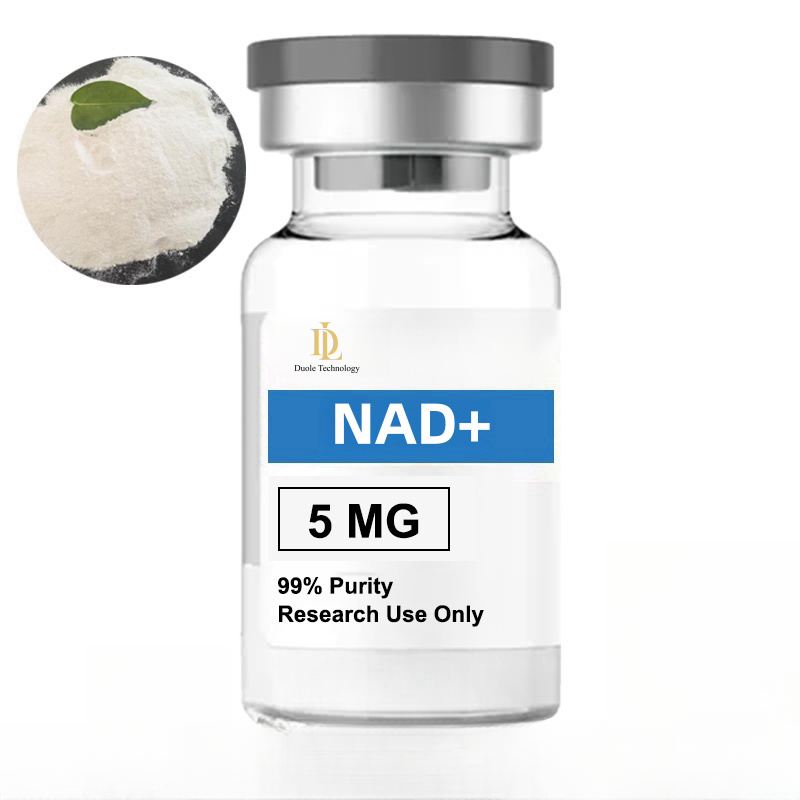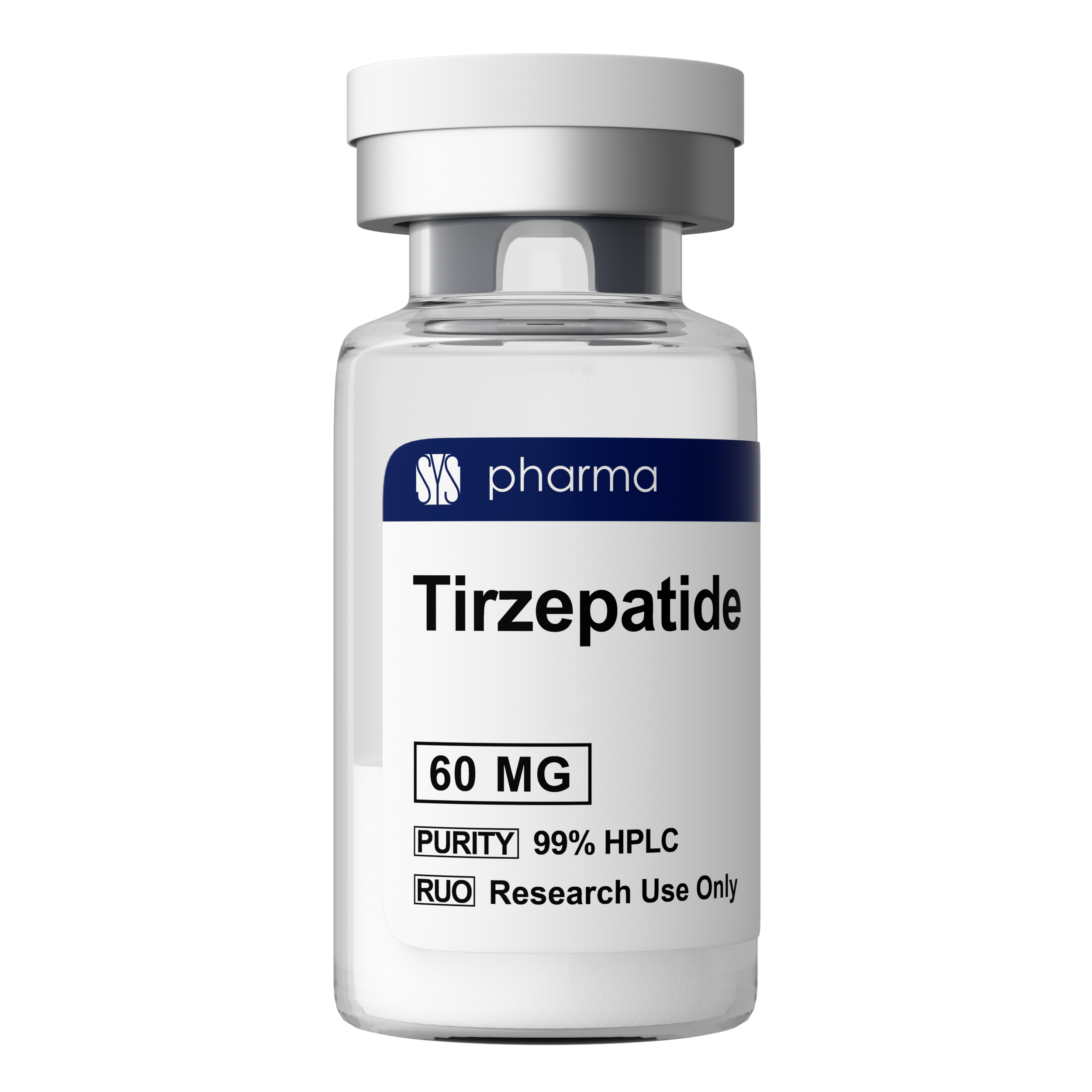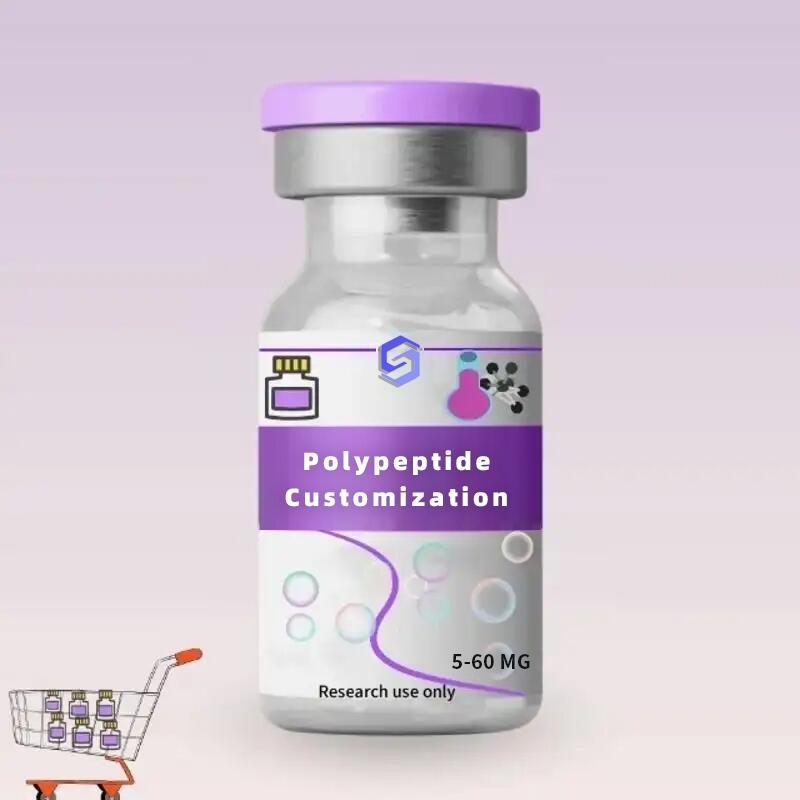-
Categories
-
Pharmaceutical Intermediates
-
Active Pharmaceutical Ingredients
-
Food Additives
- Industrial Coatings
- Agrochemicals
- Dyes and Pigments
- Surfactant
- Flavors and Fragrances
- Chemical Reagents
- Catalyst and Auxiliary
- Natural Products
- Inorganic Chemistry
-
Organic Chemistry
-
Biochemical Engineering
- Analytical Chemistry
-
Cosmetic Ingredient
- Water Treatment Chemical
-
Pharmaceutical Intermediates
Promotion
ECHEMI Mall
Wholesale
Weekly Price
Exhibition
News
-
Trade Service
One of the factors contributing to the rise in obesity is the use of high fructose corn syrup (HFCS) as a sweetener in soft drinks Goncalves et al From Cornell Medical School in will found that HFCS can promote the growth of colorectal cancer even in mice without obesity An enzyme (kethexokinase) in tumors can transform fructose into fructose-1-phosphate, which can change the metabolism of tumor cells and promote cell growth Drinking too much high fructose corn syrup (HFCS) can lead to obesity and increase the risk of colorectal cancer It is not clear whether HFCS directly causes tumor Goncalves et al Studied the effect of daily oral HFCS on adenomatous polyposis (APC) mutant mice prone to intestinal tumors The researchers found a significant increase in tumor size and tumor grade in mice taking HFCS orally without obesity and metabolic syndrome The researchers also observed that high fructose corn syrup increased the concentrations of fructose and glucose in the lumen of the intestine, respectively, which are transported by tumors Within the tumor, fructose is converted into fructose-1-phosphate, which leads to the activation of glycolysis and the increase of fatty acid synthesis supporting tumor growth (http://







